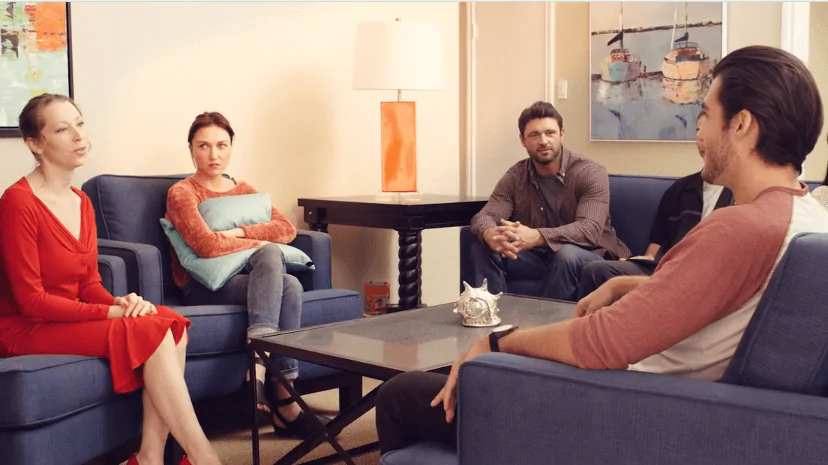24/7 Helpline:
(866) 899-111424/7 Helpline:
(866) 899-1114
Learn more about Aftercare Support centers in Blaine
Aftercare Support in Other Cities

Other Insurance Options

UMR

ComPsych

PHCS Network

BlueCross

Coventry Health Care

Kaiser Permanente

MHNNet Behavioral Health

Premera

Choice Care Network

Ceridian

WellCare Health Plans

Private insurance

Group Health Incorporated

Molina Healthcare

BlueShield

Evernorth

Ambetter

Sutter

Magellan Health

Excellus

Waterfront Counseling
Waterfront Counseling is a private rehab located in Blaine, Washington. Waterfront Counseling specia...










The Lighthouse Treatment Center
The Lighthouse Treatment Center is a private rehab located in Blaine, Washington. The Lighthouse Tre...


